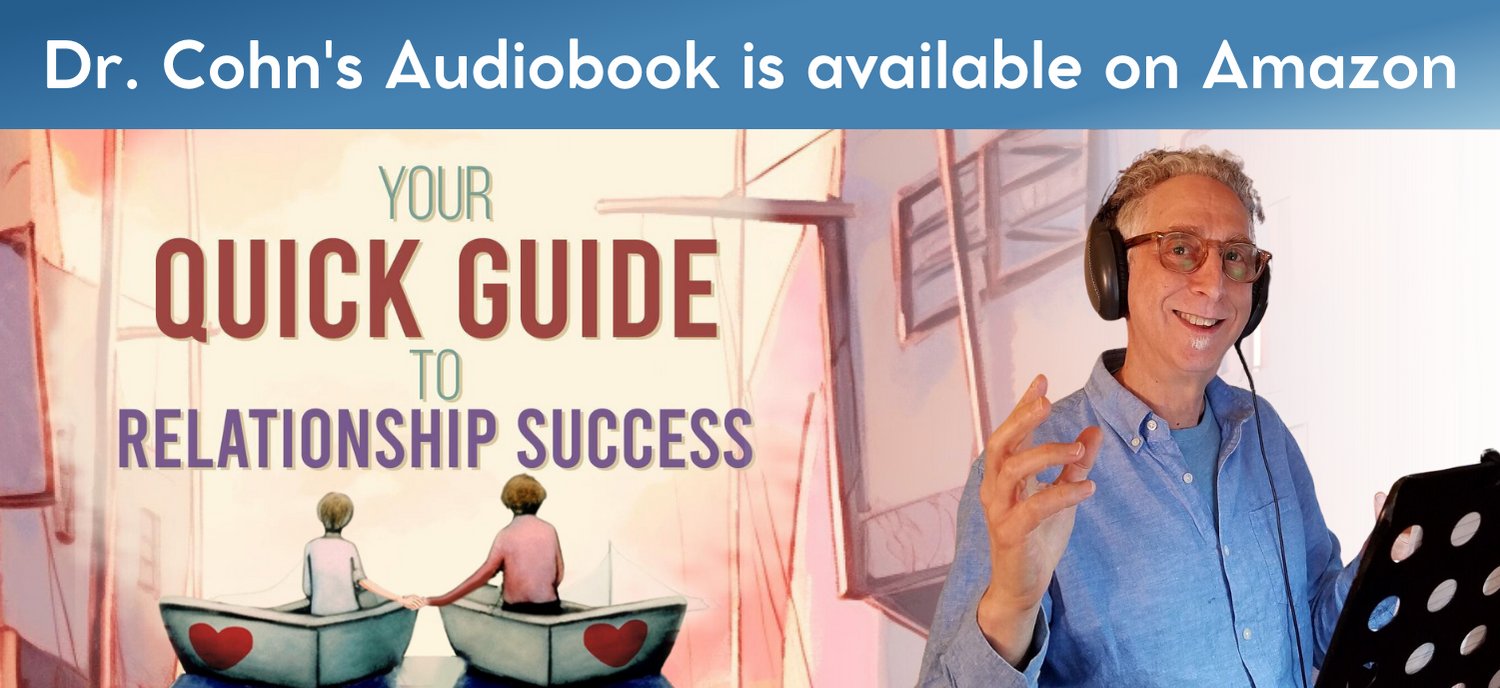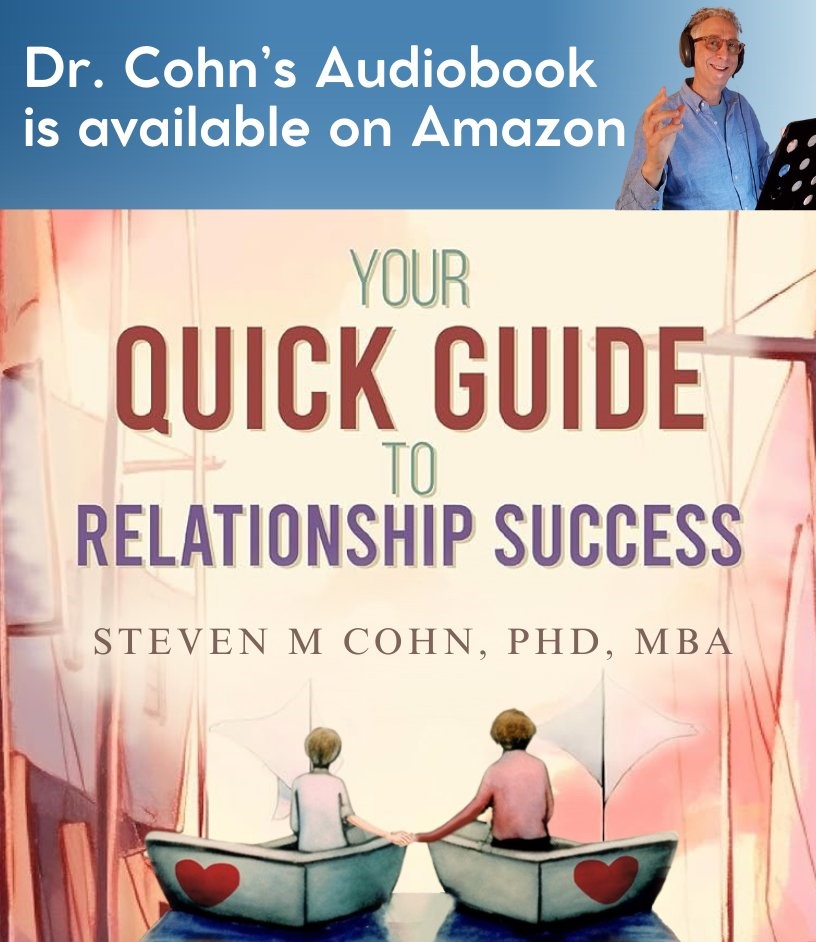- Home
- Infidelity
- wife having an affair
Navigating the Complexities of
Marital Infidelity: Understanding the Emotional Turmoil after you Discover your
Wife Having an Affair (1)
Introduction
Infidelity, or the act of being unfaithful in a committed relationship, can occur in both men and women. While it's important to note that individuals vary greatly and generalizations may not apply to everyone, there are some observed differences in the patterns and motivations for infidelity between males and females. These differences can be influenced by various factors including societal norms, evolutionary psychology, and personal circumstances. Regardless of the circumstances, a helpful first step is to start seeing a Relationship Specialist as soon as possible after you discover your wife having an affair. Here are some general points to consider:
Motivations: Research suggests that men and women may have different motivations for infidelity. Men often engage in infidelity for sexual variety and novelty, seeking opportunities to mate with multiple partners. On the other hand, women may be more likely to seek emotional connection or fulfillment in extramarital relationships, driven by desires for emotional support, intimacy, or attention.
Emotional factors: Women may be more likely to engage in infidelity as a response to emotional dissatisfaction in a relationship. If they feel neglected, unappreciated, or emotionally disconnected from their partner, they might seek emotional validation elsewhere. Men, however, may be more prone to engage in infidelity due to sexual dissatisfaction or the opportunity for casual sex.
Risk-taking behaviors: Men tend to exhibit more risk-taking behaviors, including higher levels of sexual promiscuity. This inclination towards risk can contribute to higher rates of infidelity among men.
Societal and cultural influences: Societal norms and cultural factors can shape the prevalence and perceptions of infidelity among men and women. For instance, in some cultures, men may face less social stigma for engaging in extramarital affairs compared to women. However, it's worth noting that societal attitudes toward infidelity are evolving, and these generalizations may not hold true in all contexts.
It is essential to remember that these differences are generalizations, and individual experiences and circumstances can significantly vary. It's important to approach each situation with empathy and open communication to understand the motivations and needs of the individuals involved.
Infidelity, an unfortunate reality that can shake the very foundation of a marriage, is a deeply sensitive and distressing topic. Discovering your wife having an affair can lead to a rollercoaster of emotions for both partners involved. This article aims to explore the multifaceted dimensions of such situations, examining the psychological impacts, potential reasons behind infidelity, and strategies for coping and healing.

The Emotional Rollercoaster: Wife Having an Affair
When a spouse discovers their wife's infidelity, it often triggers a tidal wave of emotions. Feelings of shock, betrayal, anger, sadness, and inadequacy can overwhelm the betrayed partner (2). The emotional turmoil can be compounded by a sense of loss, as the foundation of trust built over years of marriage is shattered.
Understanding the Reasons Behind Infidelity
While infidelity is never justifiable, it is crucial to understand the potential reasons why someone may choose to engage in an extramarital affair. Common contributing factors include a lack of emotional connection within the marriage, unfulfilled needs or desires, poor communication, or a search for validation and excitement (3). It is important to note that these factors do not excuse infidelity but provide insights into the complexity of human relationships.
Communication and Seeking Professional Help from a Relationship
Specialist
When you discover your wife having an affair and you’re faced with infidelity, open and honest communication between spouses is vital for the possibility of healing and rebuilding trust. Both partners need to express their feelings, fears, and concerns without judgment or blame (4). In some cases, seeking the guidance of a licensed and well-seasoned Relationship Specialist (a therapist who works exclusively with couples, marriages, and infidelity) can help facilitate this communication and provide a neutral environment for addressing the underlying issues that contributed to the affair.
Rebuilding Trust and Restoring Intimacy
Rebuilding trust is an arduous journey that requires both partners to be committed and willing to work on their relationship. Transparency, accountability, and consistency are key factors in restoring trust. The unfaithful spouse must demonstrate genuine remorse, while the betrayed partner needs to be open to forgiveness and the possibility of healing (5). Keep in mind that rebuilding trust does not typically happen quickly; and therefore, neither does forgiveness. Set reasonable expectations. Professional counseling from a Relationship Specialist can provide valuable guidance throughout this process.
Self-Care and Personal Growth
In the aftermath of discovering your wife having an affair, it is essential for the betrayed partner to prioritize self-care and personal growth. This may involve seeking support from trusted friends or family members, engaging in activities that bring joy and fulfillment (such as meditation, yoga, biking, hiking, cooking), and focusing on individual well-being. Taking time for self-reflection can also provide an opportunity for personal growth and understanding.
Moving Forward: Forgiveness and Renewed Commitment
Forgiveness is a highly personal and individual process that varies for each couple. It does not imply forgetting or condoning the affair but rather freeing oneself from the burden of anger and resentment. Forgiveness allows the betrayed partner to let go of negative emotions and work towards a healthier future together (6). Rebuilding a stronger marriage requires renewed commitment, shared values, and ongoing effort from both spouses.
Conclusion
Discovering that a wife has had an affair can be an emotionally devastating experience. It challenges the very core of trust, love, and commitment within a marriage. However, it is important to remember that relationships can recover from infidelity, and healing is possible with open communication, professional guidance, and a commitment to personal growth and renewal. By understanding the complexities of marital infidelity and actively working towards rebuilding trust and intimacy, couples can embark on a journey of healing and potentially create a stronger, more resilient partnership.
Footnotes
- Note: This article is for informational purposes only and does not constitute professional advice. If you are experiencing marital difficulties, consider seeking guidance from a licensed Relationship Specialist.
- Wallerstein, J. S., & Blakeslee, S. (2003). The Unexpected Legacy of Divorce: A 25-Year Landmark Study. Hachette UK.
- Pittman, F. S. (2008). Private Lies: Infidelity and the Betrayal of Intimacy. W. W. Norton & Company.
- Solomon, D. H., & Teagno, P. (2012). Intimacy after Infidelity: How to Rebuild and Affair-Proof Your Marriage. New Harbinger Publications.
- Glass, S. P., & Staeheli, C. K. (2003). Not Just Friends: Rebuilding Trust and Recovering Your Sanity After Infidelity. Free Press.
Share
Follow

Steven M Cohn, PhD is honored to have been featured on CNBC.com.

Steven M Cohn, PhD is pleased to have been featured on Koin 6 Television: "Boost In The Bedroom."

Steven M Cohn, PhD is pleased to have been featured on both KATU.com and KATU Channel 2 Television.

Steven M Cohn, PhD is pleased to have been featured on Oregon Live "Why Oregon's Latest Divorce Statistics May Be Divorced From Reality"

Steven M Cohn, PhD, MBA, LMFT has been named one of the top three marriage counselors in Portland, Oregon three years in a row by the non-profit organization Three Best Rated



